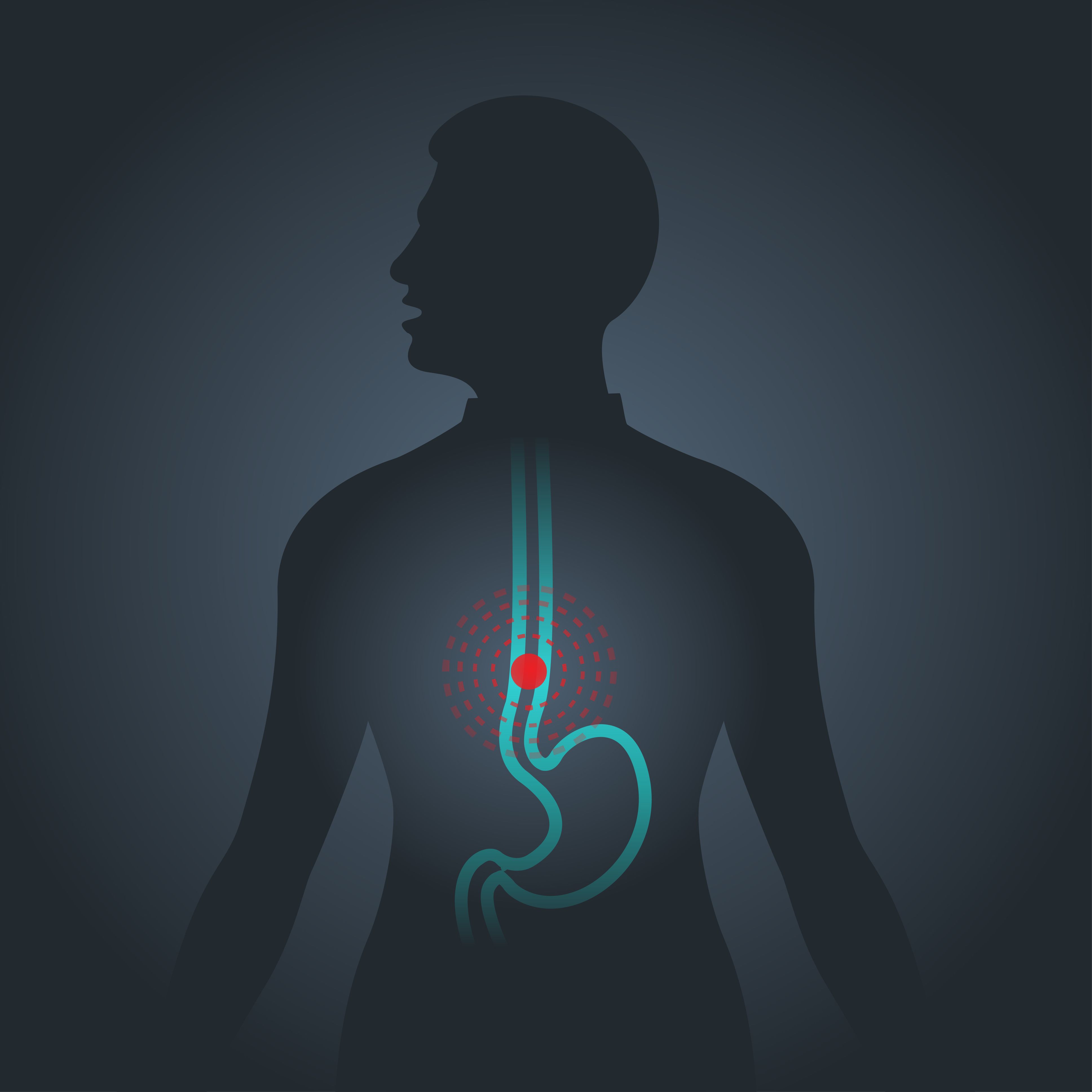FDA Fast Tracks 9MW2821 for Esophageal Squamous Cell Carcinoma
A fast track designation has been granted to 9MW2821 by the FDA for patients with advanced, recurrent, or metastatic esophageal squamous cell carcinoma.

- 9MW2821 is a self-developed novel antibody-drug conjugate (ADC) which works to target Nectin-4.
- In a phase 2 study (NCT05216965) involving 30 patients with advanced esophageal cancer, 9MW2821 demonstrated promising results with an overall response rate (ORR) of 30% and a disease control rate (DCR) of 73.3%.
- 9MW2821 marks the first Nectin-4-targeting drug globally to disclose clinical efficacy data for the treatment of esophageal cancer.
The FDA has granted a fast track designation to 9MW2821, an ADC targeting Nectin-4, as a potential treatment option for patients with advanced, recurrent, or metastatic esophageal squamous cell carcinoma.1
9MW2821 is a novel Nectin-4-targeting ADC developed by Mabwell's ADC platform and automated high-throughput hybridoma antibody molecular discovery platform. Using a unique linker technology and a streamlined conjugation process, 9MW2821 precisely modifies antibodies, enabling them to target and bind to Nectin-4.
Esophageal Cancer vector logo icon illustration: © ilovecoffeedesign - stock.adobe.com

Once injected, 9MW2821 is taken up by the targeted cells, where it releases a cell-killing agent and triggers programmed cell death, eliminating the tumor cells.
Data from a phase 2 study showed that as of February 20, 2024, 9MW2821 led to an overall response rate (ORR) of 30% and a disease control rate (DCR) of 73.3%. These findings come from 30 patients with advanced esophageal cancer who were treated with the agent at a dose of 1.25 mg/kg and completed at least 1 tumor assessment.
Among the 30 patients enrolled and treated with 9MW2821, 28 patients have undergone chemotherapy and immunotherapy.
The study is ongoing and enrolling patients between ages 18 and 80 who have histologically or cytologically confirmed advanced malignant solid tumors, except for sarcoma.2 Patients are required to have an ECOG performance status of 0 or 1, a life expectancy of at least 3 months, measurable disease according to RECIST v1.1 criteria, and adequate organ function to be enrolled in the study. Those included in the cohort expansion portion of the study must submit tumor tissue to confirm Nectin-4 expression.
All those enrolled are receiving 9MW2821 via intravenous infusion on days 1, 8, and 15 of each 28-day cycle. The primary end point of the study is incidence of adverse effects (AEs), and secondary end points include ORR, DCR, duration of response, time to response, progression-free survival, overall survival, and pharmacokinetics.
In addition to esophageal cancer, the agent is being studied in multiple other clinical trials, including for the treatment of urothelial and cervical cancers.1 A phase 3 study of 9MW2821 given as a monotherapy for urothelial carcinoma is expected to begin soon, and a phase 1/2 study (NCT06079112) is evaluating 9MW2821 as a combination therapy with a PD-1 inhibitor. Further, 9MW2821 alone for the treatment of cervical cancer is entering phase 2 with more than 280 patients having been enrolled in the study.
9MW2821 is also the first to disclose preliminary clinical efficacy data for the indication of esophageal squamous cell carcinoma among drugs with the same target in the world.
REFERENCES
FDA grants fast track designation to 9MW2821. News release. Mabwell. February 27, 2024. Accessed February 28, 2024. http://tinyurl.com/3kxay3f4
A clinical study of 9MW2821 in subjects with advanced malignant solid tumors. ClinicalTrials.gov. Updated June 15, 2022. Accessed February 28, 2024. https://clinicaltrials.gov/study/NCT05216965
Neoadjuvant Therapy Could Improve Outcomes for Nasal and Paranasal Sinus Cancer
September 17th 2024Neoadjuvant chemotherapy prior to surgery and postoperative radiation therapy could improve organ preservation in patients with T3 and T4a nasal and paranasal sinus squamous cell carcinoma.
Read More